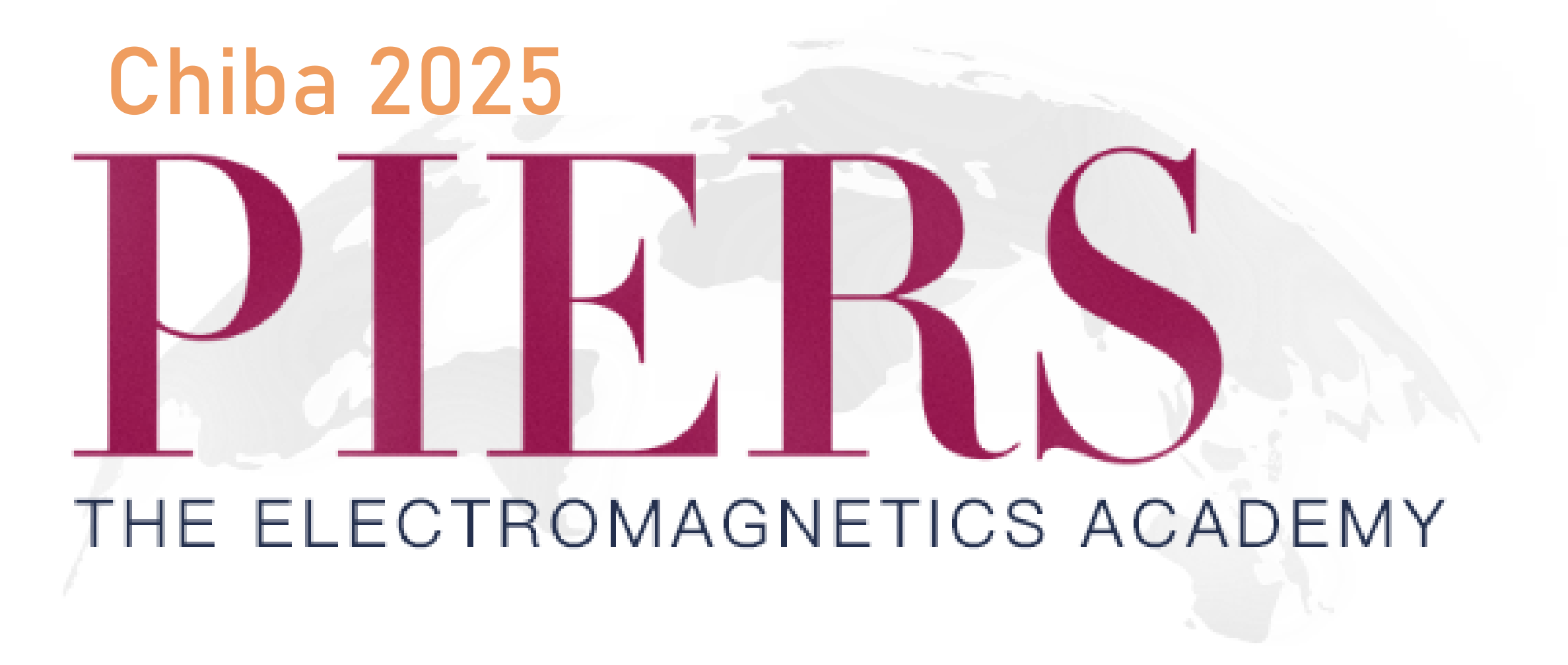Prof. Franco Nori
About the Speaker:
RIKEN and University of Michigan
[Homepage]
Franco Nori is a RIKEN Chief Scientist, leading the “Theoretical Quantum Physics Laboratory” at RIKEN (the Japanese National Laboratory). He is also a Team Leader of the “Quantum Information Theory Research Team”, in the RIKEN Quantum Computing Center. He is also a Research Scientist at the University of Michigan, Ann Arbor.
His research group has done pioneering interdisciplinary studies at the interface between nanoscience, dissipative quantum open systems, quantum information processing, superconducting quantum circuitry for quantum computing, photonics, quantum optics, atomic physics, nano-mechanics, computational physics, and condensed matter physics.
His research group has produced numerous highly cited papers (i.e., top 1% most cited publications among all papers in all areas of Physics) according to the Web of Science. Also, more than 143 publications in Physical Review Letters, over 76 in Science and Nature journals, as well as numerous ones in other top journals. According to the Web of Science: >70K citations and h-index > 122 (Google Scholar: >102,000 citations and h-index > 142).
He has been listed by the Web of Science as a "Highly Cited Researcher” in Physics (covering all areas of Physics) for the past eight consecutive years: from 2017 to 2024 (Less than 0.1% of physicists are selected).
He is an Elected Fellow of the: American Physics Society (APS), Institute of Physics (IoP), American Association for the Advancement of Science (AAAS), and Optical Society of America (OSA) [this last one “for fundamental contributions to quantum information science and optics, including circuit quantum electrodynamics, and the interface between quantum optics and quantum circuits”]. He received the 2014 Prize for Research in Physics, from the Matsuo Foundation, Japan; and the 2013 Prize for Science, by the Minister of Education, Culture, Sports, Science and Technology, Japan. Also, an "Excellence in Research Award" and an "Excellence in Education Award" from the University of Michigan. He is an Elected Member of the Academia Europaea, the Latin American Academy of Sciences, and a Foreign Member of the Swedish Royal Society of Arts and Sciences, in Gothenburg, Sweden. He won the 2023 W.E. Lamb Medal, and the 2024 Charles H. Townes Medal (from Optica, formerly the Optical Society of America); both for fundamental contributions to research on Quantum Optics, Quantum Electronics, and Quantum Information. In 2024, he received a Research Doctorate Honoris Causa (i.e., an Honorary Doctorate) in Physics, from the University of Messina, Italy, founded in 1548.













